In this seminar we will take a comparative journey through the 20th and 21st centuries and examine the ways in which queerness has been represented on the British and American stage. While at the beginning of the 20th century homosexuality was still criminalized in the UK (this only changed in 1967 with the Sexual Offences Act), writers and playwrights who were either queer or wanted to depict queerness had to find alternative ways of doing so. This changed gradually in the course of the 20th century. In the seminar we will explore the very varied, often courageous and politically motivated ways in which artists have used the stage to either envision alternative (inclusive) worlds, provide a social commentary on LGBTQ* rights, homophobia and the AIDS crisis and also, more recently, swiftly incorporate different sexual and gender identities in an intersectional discourse, also taking into account the life realities of queer youths. The texts discussed range from better known authors such as Noël Coward (The Vortex, 1924) and Tony Kushner (Angels in America, 1991/1993) to lesser known as well as emerging authors such as Shelagh Delaney (A Taste of Honey, 1958) and Travis Alabanza (Burgerz, 2018). In addition to that, we will take into account the legacy of collectives such as the UK Gay Sweatshop Theatre Company and the American performance duo Split Britches.
Our readings will be embedded in key theoretical texts from feminist, queer and performance theory represented by authors such as José Esteban Muñoz, Rebecca Schneider, Jill Dolan, Sara Ahmed, Eve Kosofsky Sedgwick, and Lois Weaver.
At the end of the seminar, students will have acquired a) knowledge of key concepts in the analysis of contemporary Anglophone performance and live art; b) an overview of 20th and 21st-century British and American theatre production focusing on queer identity; c) be able to critically analyse and discuss dramatic texts and their connection to central societal discourses.
- Trainer/in: Heidi Liedke
